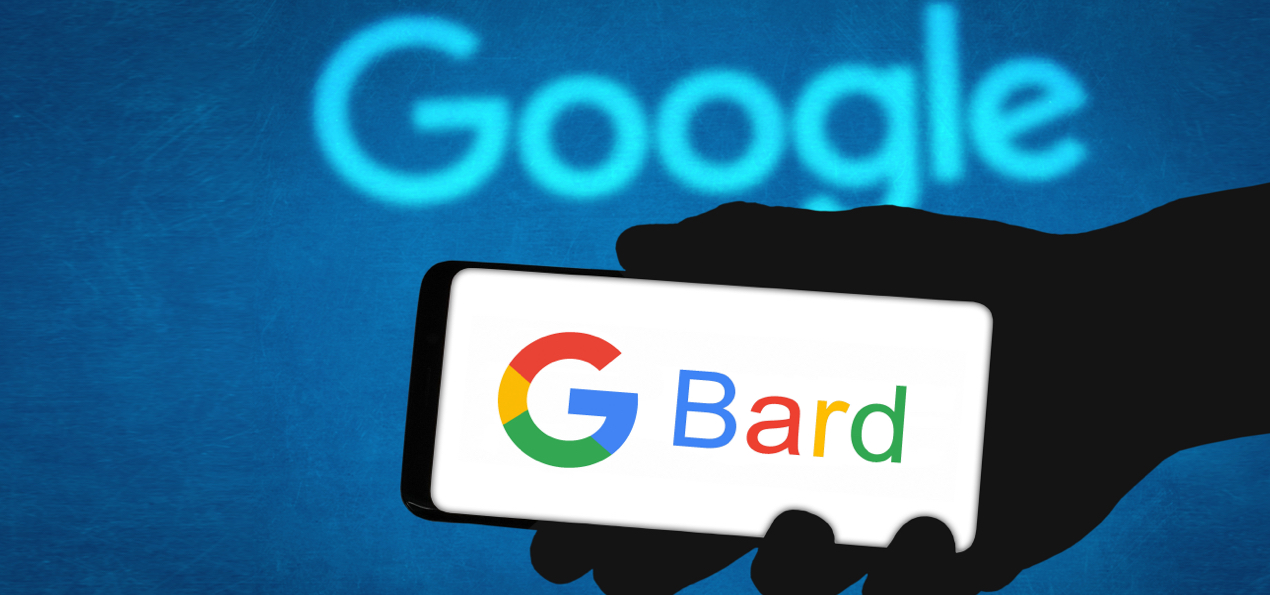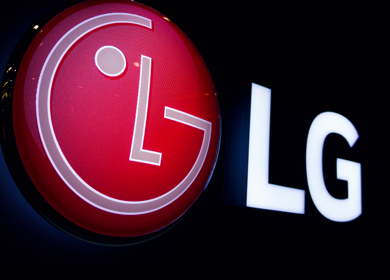Google beefs up Bard: what does it mean to businesses and marketers?
Published: June 02, 2023

The phenomenal success of OpenAI's ChatGPT astounded the technology world. The massive reach of ChatGPT compelled industry titans to focus more on developing generative AI tools or integrating AI capabilities into their platforms.
Indeed, the wild success of ChatGPT created the public perception that Google was falling behind technologically. And because it is more conversational and to the point, this revolutionary tool appears to be reducing the need for users to come to Google for search. As a result, Google declared a "code red" situation in order to quickly determine its response to the risk to its business model.
Ultimately, to answer those confusions, Google released its generative AI tool called Bard. It’s an AI tool that performs text-based tasks and creates various forms of content.
However, the announcement of Bard was a stunning failure, as Google’s AI chatbot contained many inaccuracies and factual errors. As an impact, Google’s shares lost a hundred billion dollars in a single day.
However, the tech giant is constantly working to make its generative AI initiatives a success and has made several significant updates to its AI tools and features in recent months.
Recently, the company announced that it is adding precise location support to Google Bard to provide more relevant responses to users.
To put it in detail, Google now allows users to grant Bard access to their device's precise location. This will enable users to get more relevant responses about restaurants, malls, theatres, and many other things in their area.
This will require users to give their browser and/or device the necessary location permission. So Bard notes the user’s current location and city. If users dismiss the initial prompt, tapping "Update location" will prompt them to provide a precise location.
How will the Bard’s new capability benefit businesses and marketers?
It is apparent that Google is vigorously working on correcting the serious controversy that its bard sparked with its inaccurate responses and errors.
On the other side, many in the industry think that the overreaction from the commentators on Google’s Bard’s performance is due to misperceptions of the large language models that power Bard and that it will get really powerful in the near future.
And, in a way of amplifying these talks, Google is making back-to-back headlines with its efforts towards its generative AI tool.
In our opinion, Bard’s recently added capability of accessing device location to provide relevant results can be significantly helpful for businesses and marketers in many ways.
- Local search is crucial for small and local businesses. With Bard’s new capability, businesses can ensure that their name is prominently displayed when users search for products or services related to their location. This way, it will help businesses increase their visibility and chances of being discovered by their potential customers.
- By personalizing their marketing messages and offers as per their local audiences’ preferences and interests, businesses will be able to make the most of Bard’s new feature. Besides, it will also help them increase customer engagement and build stronger connections with the target audience.
- By utilising Bard’s location-based capability effectively, businesses can easily differentiate themselves from competitors, position themselves as the preferred choice for customers in specific locations, and increase their chances of attracting local customers.
- Over the course of time, it will help businesses gain deeper insights into location-specific trends, patterns, and offers. As a result, they will be able to plan their promotions, events, and offers accordingly. This will in turn increase the chances of attracting local customers, as more people are likely to engage positively with local offers.
For users: As users will be able to find the information they are seeking, discover relevant local businesses easily, and receive recommendations that align with their specific needs and preferences, we believe the new capability of Bard will be a welcome move for users as it will make their search process easy and effective.
In a nutshell, Google’s Bard still has a long way to go to blur the impressions it created, and Google, without a doubt, needs to focus much more on it to not lose ground in the AI space.
In our opinion, the bard’s new capability to access users’ locations can be hugely impactful for businesses. Now, it is only businesses’ choice to focus on how to use the bard’s new feature to their advantage.










Be the first one to comment.